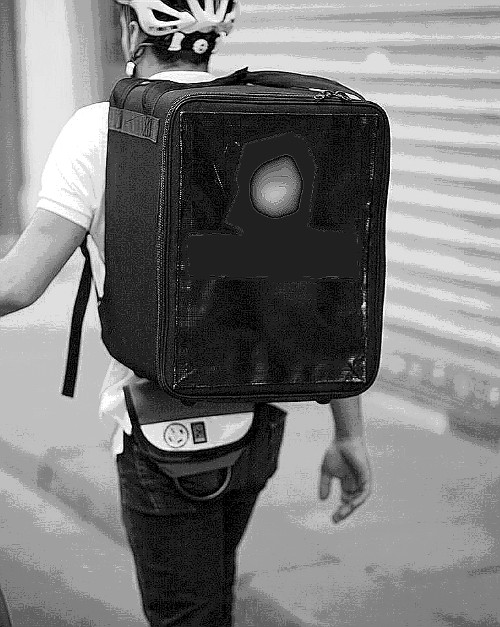Gig deals could change game
 New deals could signal a shift towards improved conditions for workers in the gig economy.
New deals could signal a shift towards improved conditions for workers in the gig economy.
Coles, Uber, and the Transport Worker’s Union (TWU) have signed separate “charter” agreements with one another.
The Coles-TWU agreement promises fair rates of pay for on-demand drivers, a right to unionise, and a way to arbitrate disputes.
Though it is not as comprehensive as the industrial agreements signed by unions on behalf of professions such as nurses and teachers, it is a significant step forward for the gig economy in Australia.
With 1.1 million independent contractors - 8.3 per cent of the workforce - and a government that promised minimum conditions for on-demand work, this could mark a turning point for the industry.
While labour lawyers acknowledge that this may be a “pivotal moment”, they warn that this may not necessarily lead to the end of all problems.
In addition, the TWU’s assistant national secretary Nick McIntosh has called the charter agreements a beginning of a new phase in the gig economy, not an end to it.
The Coles-Uber deal will see drivers park in supermarket car parks, enter stores to buy goods, and then deliver them.
The Australian arm of Uber is already the dominant ride-sharing company and is now expanding into the food delivery space.
The government is currently seeking submissions as part of a consultation process on “employee-like” forms of work, as it seeks to establish minimum pay and conditions for gig and employee-like workers.
More details are accessible here.







 Print
Print